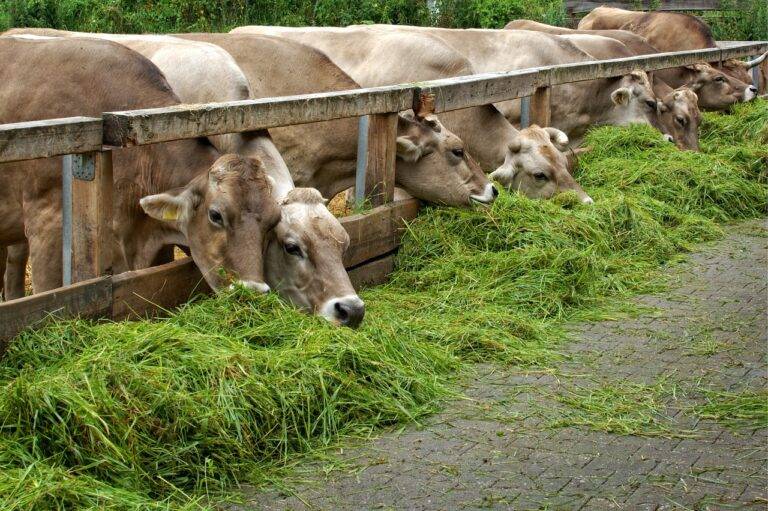The Importance of Food Safety Audits and Inspections
Ensuring the safety and quality of the food supply chain is crucial in preventing potential health risks and maintaining consumer confidence in the industry. Food safety audits play a vital role in this process by providing a systematic approach to assessing and identifying any lapses or deficiencies in food handling, storage, and preparation procedures. These audits help food establishments to proactively address any issues and implement corrective measures to prevent foodborne illnesses and contamination outbreaks.
By conducting regular food safety audits, businesses can demonstrate their commitment to upholding high standards of food safety and hygiene practices. Compliance with industry regulations and standards is not only a legal requirement but also essential in safeguarding public health. Through thorough inspections and evaluations, food safety audits contribute to the continuous improvement of operational processes, staff training, and overall risk management strategies within the food industry.
Common Food Safety Risks in the Industry
When it comes to ensuring food safety in the industry, there are several common risks that can compromise the quality and integrity of food products. One major risk is the improper handling of food, which can lead to contamination and the spread of harmful bacteria. This can occur during various stages of food production, from processing to packaging and distribution, making it crucial for all employees to follow proper hygiene practices.
Inadequate temperature control is another significant food safety risk that businesses face. Failure to properly store or cook food at the correct temperatures can result in the growth of dangerous pathogens, posing a serious health risk to consumers. It is essential for food establishments to closely monitor and maintain temperature levels to prevent the proliferation of bacteria and ensure the safety of the products being served to customers.
Why are food safety audits necessary?
Food safety audits are necessary to ensure that food products are safe for consumption, and to prevent outbreaks of foodborne illnesses. They help to identify any potential risks in the production process and ensure that proper measures are in place to address them.
What are some common food safety risks in the industry?
Some common food safety risks in the industry include cross-contamination, improper food storage, inadequate cooking temperatures, poor personal hygiene practices, and equipment malfunction. These risks can lead to the growth of harmful bacteria and other contaminants in food products.
How can businesses mitigate food safety risks?
Businesses can mitigate food safety risks by implementing proper hygiene practices, regularly cleaning and sanitizing food preparation areas, training employees on safe food handling practices, monitoring food storage temperatures, and conducting regular food safety audits.
What should consumers look for to ensure food safety?
Consumers should look for proper food labeling, including expiration dates and allergen information, when purchasing food products. They should also make sure that food is stored and cooked properly to reduce the risk of foodborne illnesses. If they have any concerns about the safety of a food product, they should contact the manufacturer or relevant authorities for more information.







